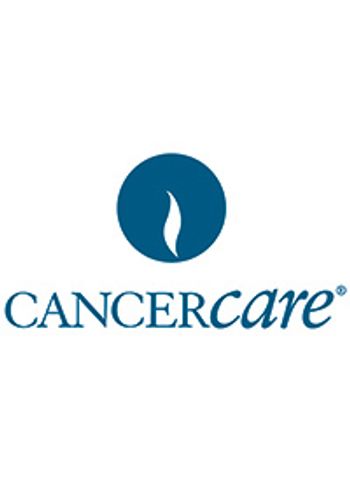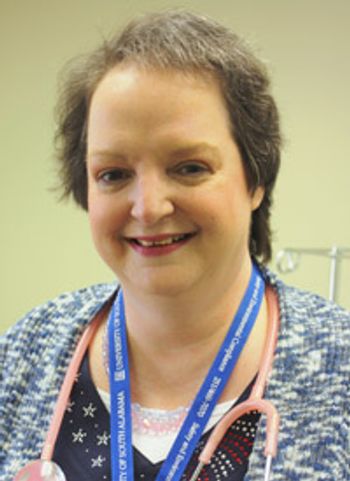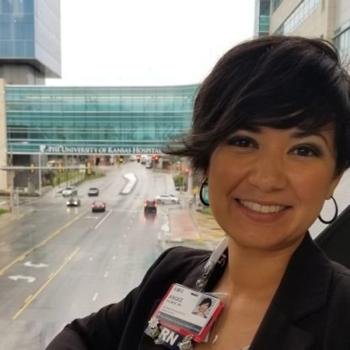
While complicated grief is not new, awareness of it is.

When nurses speak to patients about fertility and family planning options, there are several things to keep in mind.

No one learns everything they need to know about nursing in school or on the job alone.

As more patients are living longer after their cancer diagnosis, cancer survivorship is becoming a top concern for healthcare providers.

A guide for oncology nurses on navigating the ever-growing field of direct-to-consumer genetic testing.

YouTube videos can help oncology nurses learn how to do clinical procedures and brush up on their skills.

Retired nurse Jean Reno navigates complex recurrent breast cancer thru optimism, humor, realism, and service to others.

My all-time favorite reason for being an oncology nurse is when patients return after receiving cancer care to say thank you!

Videoconferencing can be used by nurses in a variety of work settings and roles to reap numerous benefits.

Building momentum for implementing survivorship care plans for all.

Oncology nurses’ intimate knowledge of their patients’ situations can enable them to match patients' needs to the appropriate resources.

Here are some things nurses can do to prepare patients to adhere to their treatment regimens once they leave the hospital.

This year, I’ve made 3 New Year’s resolutions that I know can help make me a better nurse.

Listening to a patient carefully, anticipating their needs, and being flexible in your responses to their care schedule are 3 ways oncology nurses can help improve the patient's experience during a hospital stay.

By being aware of one’s own woundedness (including the wound of our mortality) we can be more effective healers in our work as healthcare professionals.

Three things I wish I had been told when I started my career as a nurse would have been to become computer literate, that great footwear is essential, and that communication is key.

I give myself gifts, but not at the holidays. I spread them out over the entire year, and those are gifts of self-care.

A strong preceptor program specific to oncology is needed to help train nurses new to working in the field.

Putting yourself as No. 1 on your to-do list is not selfish or inconsiderate; it is your right, and it shows that you are making an informed decision to practice self-care.

Talking about end of life during what should be the happiest time of year can be difficult. Nurses can help ease these discussions with patients and their families.

A study published in the journal Plastic and Reconstructive Surgery described a surgical procedure called prepectoral breast reconstruction that was used among patients who had mastectomies and radiation therapy following their breast cancer diagnosis.

I decided to take on a personal video challenge during the month of November, to share cancer information with patients and caregivers. I created a series of livestream videos on Facebook each weekday.

Every year I attend the ONS Congress, and I find it to be an educational high, as I enjoy seeing oncology nurses from around the globe come together, networking, sharing best practices, mentoring, and presenting the latest and greatest data in oncology practice to our peers. This year, I will be presenting on the topic of leadership.

Elise James, LCSW, and Mayra Garcia, LCSW, describe the Stem Cell Transplant Meet and Greet program at The Sylvester Comprehensive Cancer Center, which provides psychosocial support to pre-transplant patients.

An 11-year study showed that patients with nonmetastatic breast cancer who learned to manage their stress with cognitive behavioral interventions had less depression and a better quality of life.

Elderly women living in nursing homes who were diagnosed with breast cancer may face a greater chance of death compared with their non-resident peers–despite what, for many in other age groups, is routine surgery. Therefore, the decision to perform breast cancer surgery must lie with the patient, family, and her physician.

As nurses, we need to step up as mentors and help newer nurses achieve their goals.

This is the third in a 3-part series about nurses as advocates within healthcare.

My training as a registered nurse helped me as I developed long-distance relationships with several women who have anal cancer--I call them my “virtual sorority sisters.”

A weekend of immersion in the energy and enthusiasm of the National Nurses in Business Association annual conference left me recharged and ready to take my own ideas forward.